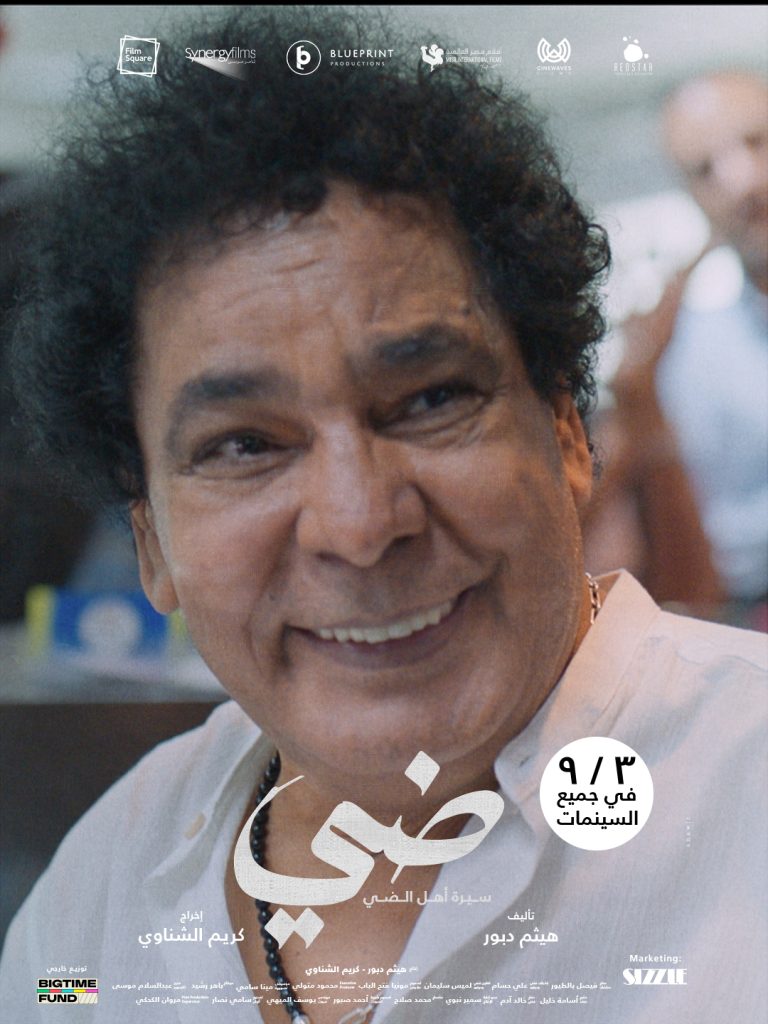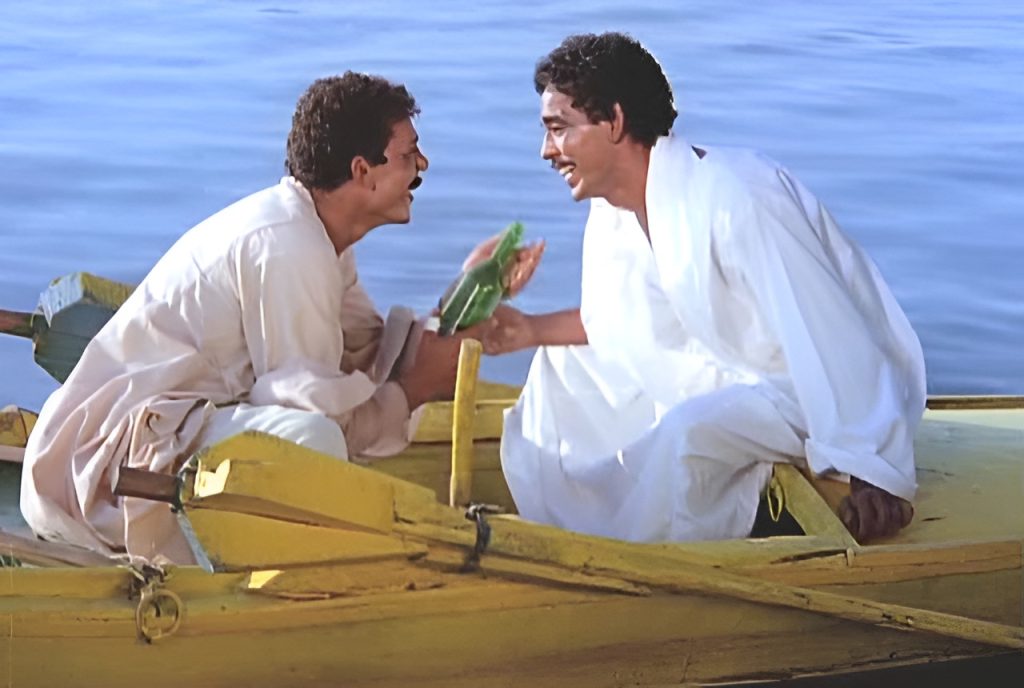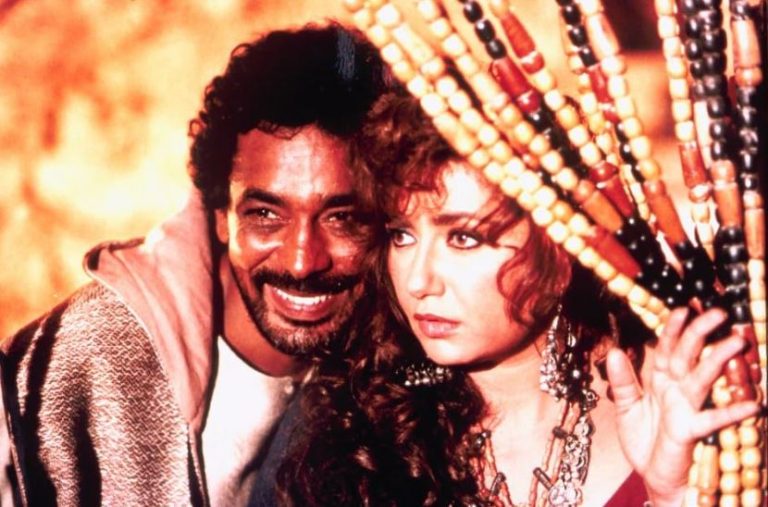Mohamed Mounir isn’t just “El King” of music—he’s also taken on some unforgettable roles in Egyptian cinema. From collabs with legends like Youssef Chahine to playing poets, professors, and even villains, Mounir has proved he can own the screen as much as the stage. With his guest appearance in the new film Daye: Seret Ahl El Daye premiering September 3rd, it’s the perfect time to rewind and revisit some of his standout films—each with a strong message at its core.
Daye: Seret Ahl El Daye
Mounir makes a guest appearance in this heartfelt story of Daye, a 14-year-old Nubian albino boy with a golden voice. Bullied for his appearance and abandoned by his father, he still dreams of singing like his idol, Mohamed Mounir.
When he gets the chance to audition for The Voice, his family sets out from Aswan to Cairo, facing stolen cars, lost savings, police trouble, and discrimination. But love and talent carry Daye through, leading to an inspiring encounter with Mounir himself. The film’s promotional song sung by Mounir is already out, giving fans a taste of the story’s spirit.

Al Maseer
In this historical epic, Mounir played a poet in 12th-century Andalusia under the reign of Caliph Al-Mansur. The story follows philosopher Ibn Rushd, whose ideas about freedom and reason put him in conflict with both the state and rising extremism. As betrayal and hostility mount, Mounir’s poet adds soul and music to a tale about knowledge and tolerance. The film screened at Cannes, cementing its place as a landmark in Egyptian cinema.

Hadouta Masreya
Mounir’s first collab with Youssef Chahine was a layered mix of personal drama and national history. It follows a filmmaker who, during heart surgery, drifts into memories of his childhood and life. His younger self puts his older self on trial, reflecting on Egypt’s revolution, his hunger for success, and the clash between Western ideals and Egyptian identity. Alongside Nour El Sherif and Youssra, Mounir stepped into a story that was as reflective as it was bold.

Dunia
Here, Mounir played Bashir, a professor guiding Dunia, a young woman chasing her dream of dance. The film explores her struggle to balance passion with a society that polices women’s bodies. Through poetry and mentorship, Bashir helps her explore freedom and Sufi love poetry, while exposing the deeper cultural barriers she faces. Mounir brought warmth and weight to the role of the intellectual mentor.

Youm Mor We Youm Helw
In this family drama, Mounir took on the darker role of Arabi, a carpenter who marries into the household of Aisha, a widow raising five daughters. At first just another member of the family, Arabi soon acts like he owns the house, clashing with the sisters as they fight for independence. Playing the bad guy, Mounir proved he could bring just as much power to unsympathetic roles.

El Toq wa El-Iswerah
Opposite Sherihan and Ezzat El Alaili, Mounir played Mr. Mohamed, a primary school teacher determined to push his village beyond outdated traditions. His modern ideas spark backlash, and he’s accused of disbelief by the very people he’s trying to help. The film tackles the clash between progress and superstition, with Mounir delivering a performance rooted in conviction and struggle.

Conclusion
From poets and professors to villains, Mohamed Mounir has delivered performances that, like his music, always carry meaning. Each role came with a message—about freedom, family, or resilience—and showed his versatility as an artist. Now, with Daye hitting cinemas soon (and its promo song already out), we can’t wait to see how “El King” brings yet another story to life on the big screen.
WE SAID THIS: Don’t Miss…Karim El-Shenawy’s ‘Daye’ Hits Egyptian Cinemas on September 3rd



